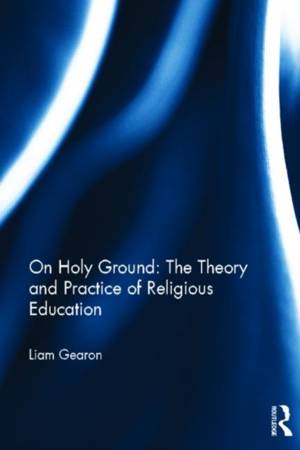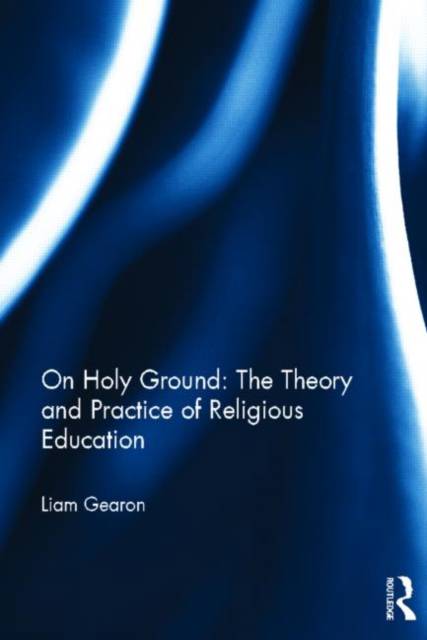
- Retrait gratuit dans votre magasin Club
- 7.000.000 titres dans notre catalogue
- Payer en toute sécurité
- Toujours un magasin près de chez vous
- Retrait gratuit dans votre magasin Club
- 7.000.0000 titres dans notre catalogue
- Payer en toute sécurité
- Toujours un magasin près de chez vous
Description
Religion has had notable and renewed prominence in contemporary public and political life. Religious questions have also been freshly examined in philosophy and theology, the natural sciences, the social sciences, psychology, phenomenology, politics and the arts. These fields reflect complex, multi-disciplinary understandings of religion, some hostile, some accommodating. For religious education this has all contributed to its own international renaissance. Religious education, in ensuring it is contemporary, shares with these fields the same criticality, the same distance between the study of religion and the religious life.
Yet what are the grounds of this modern religious education? Through a systematic historical and contemporary cross-disciplinary analysis, answering this question is the ambitious task of the book.
Chapters include:
- philosophy, theology and religious education
- the natural sciences and religious education
- the social sciences and religious education
- psychology, spirituality and religious education
- phenomenology and religious education
- the politics of religious education
- the aesthetics of religious education.
The central problem of all modern religious education remains this: what are the grounds of religious education when religious education is no longer grounded in the religious life, in the life of the holy? Although this primarily appears to be an epistemological problem, it soon becomes a moral and existential one. The book will be of key interest to teachers, theorists and researchers working in religious education.
Spécifications
Parties prenantes
- Auteur(s) :
- Editeur:
Contenu
- Nombre de pages :
- 224
- Langue:
- Anglais
Caractéristiques
- EAN:
- 9780415517102
- Date de parution :
- 05-07-13
- Format:
- Livre relié
- Format numérique:
- Genaaid
- Dimensions :
- 155 mm x 234 mm
- Poids :
- 453 g

Les avis
Nous publions uniquement les avis qui respectent les conditions requises. Consultez nos conditions pour les avis.






